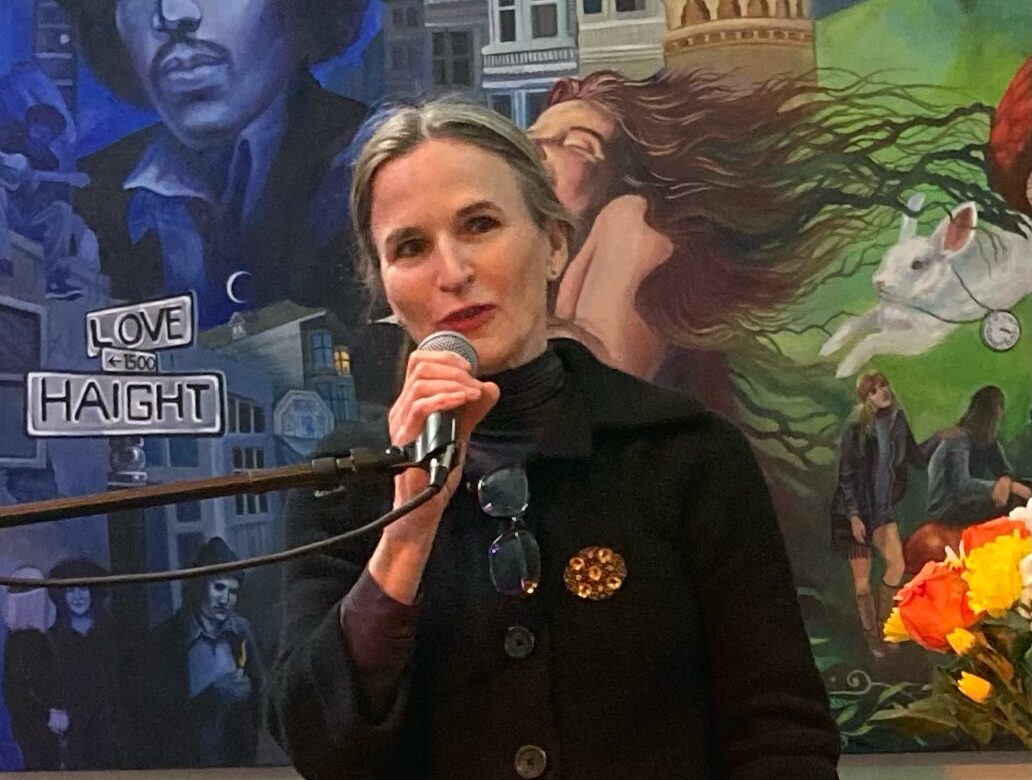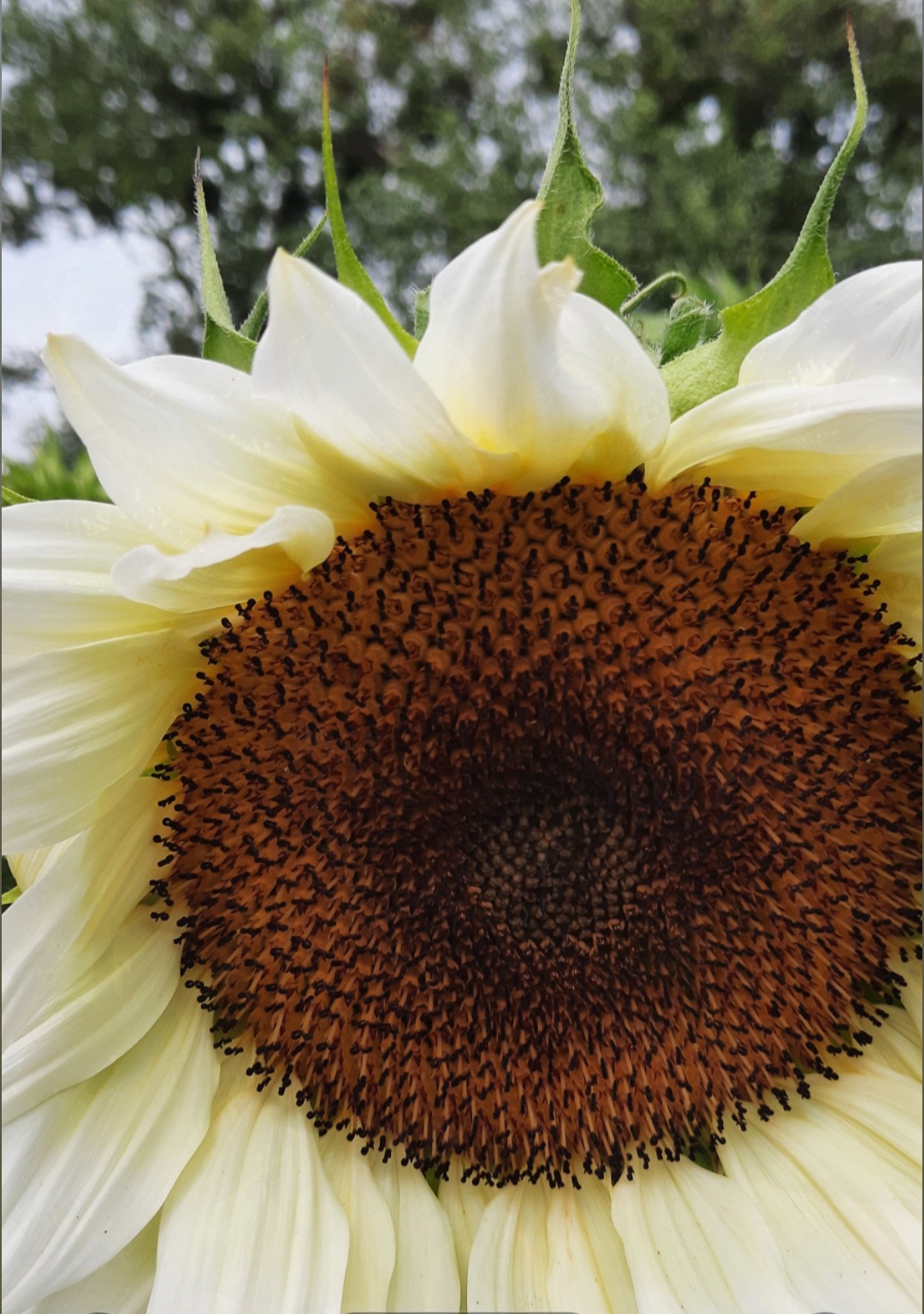The creature was flushed from the snow
& flung like a tiny, limp footbag
before I could catch up to cup it below
my hands. While they collared the dog,
the vole throbbed through my skin
like a heart I held. No blood, but when
I let go, it trailed a useless hind limb
as it funneled back down into its den.
Sometimes it’s kinder to let things be killed—
I thought, reading the texts that revealed
Love’s frailty again—his latest, last cheat
& now, finally, my own. Before I brought
the boot down on our marriage, I held it,
tender & maimed. Then I did what was right.
Rebecca Foust‘s book ONLY received a Publishers Weekly starred review. Foust’s poems were runners-up for the Missouri Review Editors’ Prize; won the Pablo Neruda, C. P. Cavafy, and James Hearst poetry prizes; and are in recent issues of Five Points, Ploughshares, Poetry, and Quarterly West.




